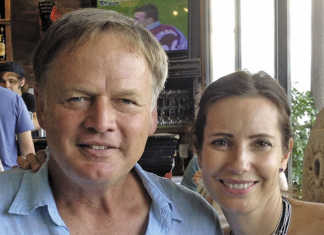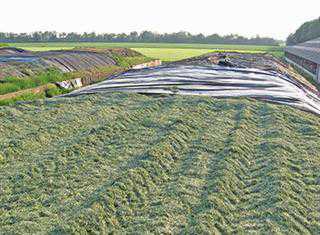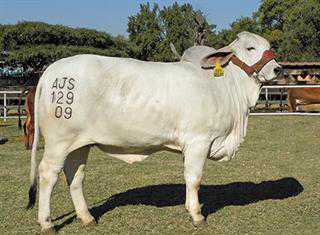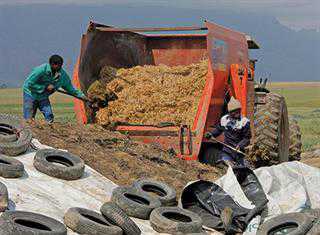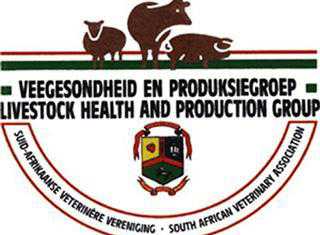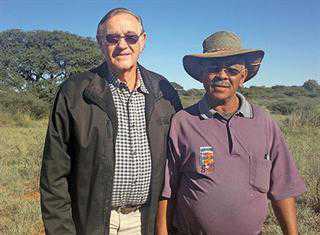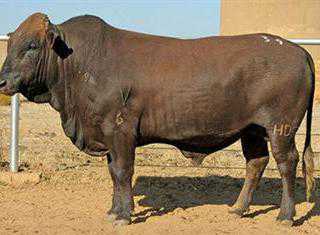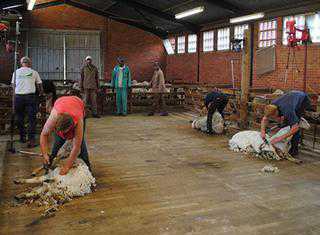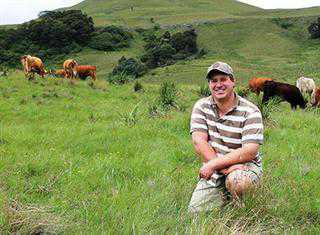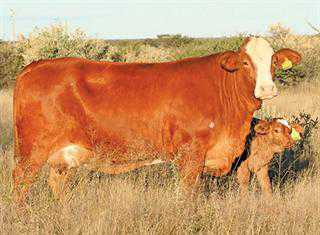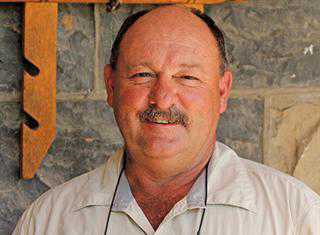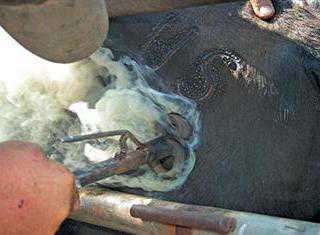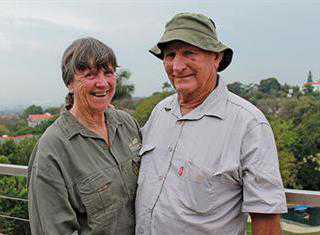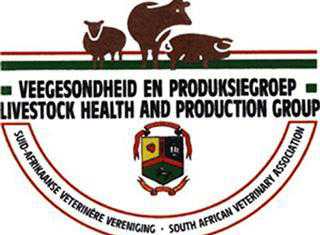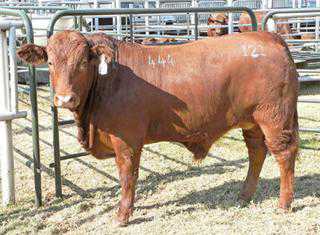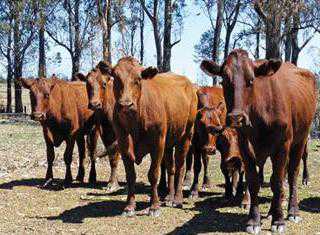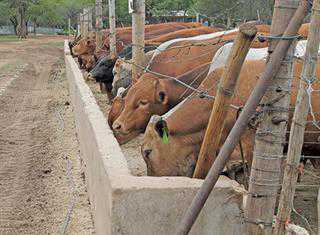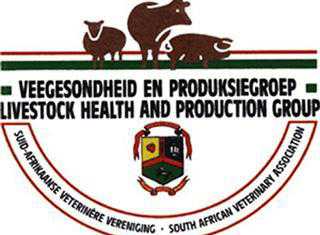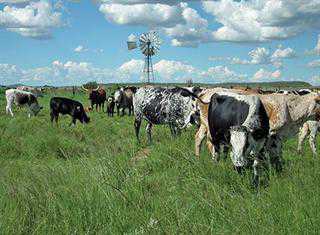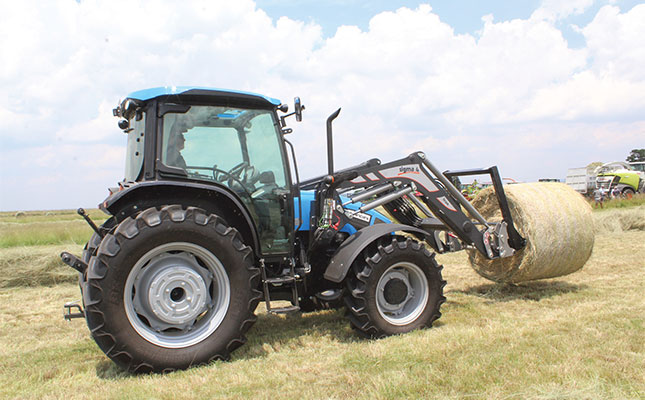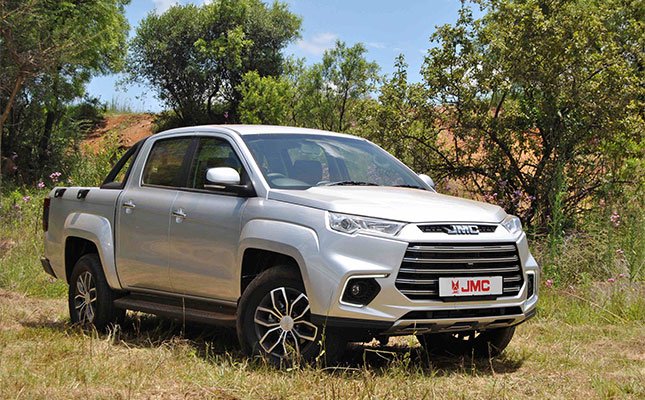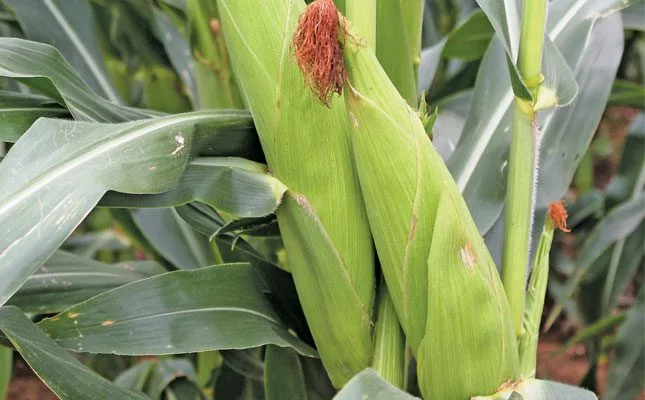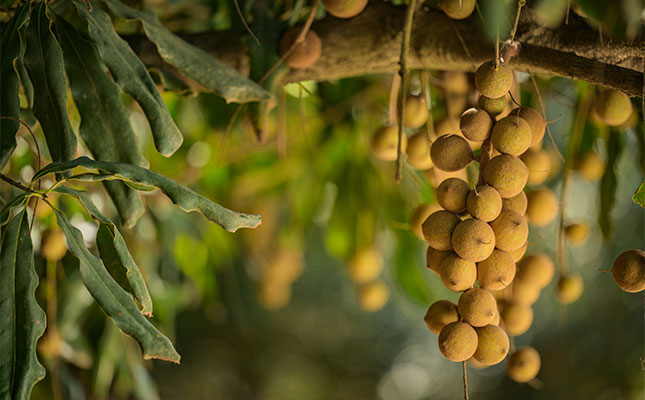Nothing beats good teamwork
The Mequatling Angus Stud is one of the top large Angus herds in South Africa. Annelie Coleman talks to husband-and-wife team Philip and Vicky Barnard about farming these cattle and working together.
Making grass silage while the sun shines
Although not commonly practised in South African dairy farming, grass silage production is likely to take off as dairy enterprises expand. Wim Hofman, cattle specialist at De Heus Animal Nutrition of the Netherlands, explains how to make quality grass silage.
Making the most of grass silage
In the second part of this series, Wim Hofman, cattle specialist for De Heus Animal Nutrition in the Netherlands, continues his discussion on managing pasture for production.
Hot or cold branding: both demand good technique
The quality and clarity of a brand determine how well it will stand up in court. Good branding technique and the proper equipment also reduces stress for animals.
Grass Silage: what you put in is what you get out
Pasture grass is regarded as the cheapest feed for SA dairy cattle. In the first of a four- part series, Wim Hofman, cattle specialist for De Heus Animal Nutrition, of the Netherlands, explains how careful pasture management can yield good grass silage.
Livestock Disease Trends – January 2014
After good rainfall in many parts of the country, reports of severe wireworm infestations in smallstock were received.
Effective veld management brings success
Diligent grazing management is paying off for Jannie Struis. He has been farming for only four years, but working closely with his mentor, Johan van der Walt, has enabled him to cope with drought at a time when even top commercial farmers are suffering.
Linking a mark to its rightful owner
The ability to identify an animal in a way that will stand up in court is crucial for any livestock owner. Backed up by legislation and government support, it ensures proof of ownership.
Machine-shearing skill can pave way to success
Developing machine-shearing skills in the South African wool industry could arm shearers with the expertise to pursue potentially lucrative careers in countries such as Australia and New Zealand.
Holistic farming could boost profits
The H-word might cause sceptics to cringe, but changing grazing and other practices is working wonders on this KwaZulu-Natal beef farm.
Kamab simbras: performance off the veld
Fertility and optimum meat production are the two pillars of Diethelm and Katja Metzger’s Kamab Simbra Stud. The second-largest Simbra stud herd in Southern Africa, it produces about 370 weaners a year.
Breeding with the best
Arthur de Villiers of Arcadia Bonsmara near Vrede is the 2013 recipient of the ARC National Beef Cattle Improvement Herd of the Year Award.
I know that’s my cow, but how can I prove it?
Chris Nel discusses traditional methods of identifying livestock. These methods may work well for day-to-day flock and herd management, but their limitations are apparent when subjected to the demands of a modern livestock industry.
Absolutely extensive Ngunis
Ted and Liz Reilly played a big role in putting the Swazi Nguni ecotype back on the map. Their cattle are run with game animals and receive no special treatment.
Livestock Disease Trends – December 2013
Weather conditions: Good rains fell in the eastern part of the country, but extremely dry conditions persist in the western and central regions. Very wet conditions occurred in some areas of the Western Cape.
Why identify animals?
In the first of a series of articles, we look at the principles of animal and animal product traceability. Compiled by Chris Nel.
Commercial success for small-scale cattleman
Starting with just 10 Bonsmaras, ARC National Emerging Beef Farmer for 2013 Moses Zengetwa today has a herd of 120 highly productive Bonsmara-type cows and heifers. Mike Burgess visited him on his farm near Elliot.
Profiting from a feedlot
Mvalo Msiza has value-added in steps – building a beef herd, establishing two butcheries, and starting and expanding a feedlot. He spoke to Peter Mashala.
Livestock Disease Trends – November 2013
Drought: It’s been very dry in SA’s western and central areas, and reports of severe protein and energy deficiencies were received. Heavy mortalities, downer cows, cows too weak to calf, prolapses of the uterus and retained afterbirths were also reported.
Ganna Ngunis – breeding for excellence
Michiel van Niekerk runs a stud Nguni herd in the arid region of the western Free State between Petrusburg and Kimberley. For him, the economic realities of livestock farming mean that he cannot afford animals that underperform. The Ganna Stud benefits from recording, measuring and modelling.
- ADVERTISEMENT -
- ADVERTISEMENT -
MUST READS
- ADVERTISEMENT -

